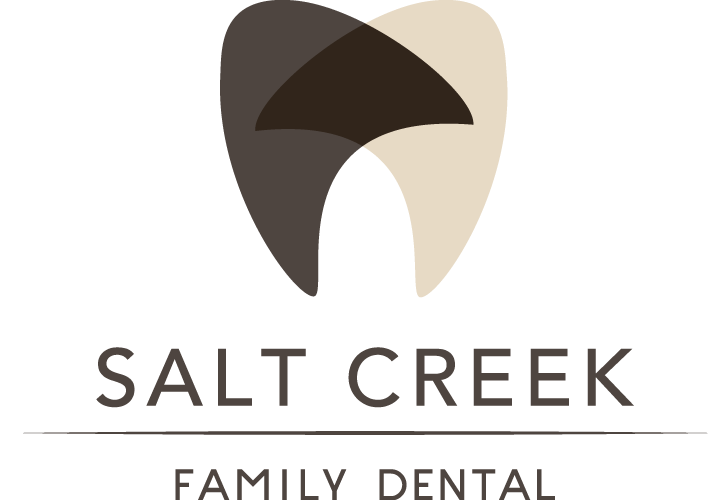Understanding the Link Between Xylitol and Stroke Risk: Insights from Salt Creek Family Dental, Your Hinsdale Dentist
In recent years, xylitol has gained popularity as a sugar substitute in various products, from chewing gum to toothpaste. Marketed for its dental benefits, xylitol is promoted as a cavity fighter and a safe alternative for those looking to reduce their sugar intake. However, recent studies have shed light on potential risks associated with xylitol consumption, particularly concerning its impact on cardiovascular health and stroke risk. At Salt Creek Family Dental, serving the Hinsdale, La Grange, and Oak Brook communities, we believe in providing our patients with comprehensive dental care, including education on the potential risks and benefits of commonly used dental products like xylitol.
Understanding Xylitol: A Brief Overview
Xylitol is a sugar alcohol that occurs naturally in fruits and vegetables. It is commonly used as a sugar substitute due to its sweetness and its ability to prevent tooth decay. Unlike sugar, xylitol does not ferment in the mouth, reducing the growth of bacteria that cause cavities. For this reason, it has been widely incorporated into oral care products and chewing gum.
Dental Benefits of Xylitol
1. Reduction of Dental Cavities: Xylitol has been shown to inhibit the growth of Streptococcus mutans, a primary bacteria responsible for tooth decay. Regular use of xylitol-containing products can help maintain oral health by reducing plaque buildup and lowering the risk of cavities.
2. pH Balance: Xylitol promotes a neutral pH environment in the mouth, which is less conducive to bacterial growth and acid production. This helps in preserving tooth enamel and overall oral hygiene.
Emerging Concerns: Xylitol and Stroke Risk
Recent studies have raised concerns about the potential cardiovascular implications of xylitol consumption. While xylitol itself is not directly linked to stroke risk, its impact on blood glucose levels and insulin response may play a role in cardiovascular health.
1. Blood Glucose Levels: Xylitol has a low glycemic index, meaning it causes a smaller rise in blood glucose levels compared to sugar. For individuals with diabetes, this can be beneficial in managing blood sugar levels. However, fluctuations in blood glucose can affect cardiovascular health over time.
2. Insulin Response: Xylitol stimulates insulin release from the pancreas, similar to sugar. This insulin response can impact vascular health and contribute to conditions associated with metabolic syndrome, such as hypertension and dyslipidemia, which are risk factors for stroke.
Understanding the Studies
A study published in the Journal of the American Heart Association suggested that frequent consumption of xylitol-containing products may be associated with an increased risk of stroke in some individuals. The mechanism proposed involves the potential impact of xylitol on metabolic pathways, insulin sensitivity, and inflammation, all of which can influence cardiovascular health.
Recommendations from Salt Creek Family Dental
At Salt Creek Family Dental, we emphasize personalized dental care tailored to each patient's unique needs and health considerations. When discussing xylitol and its potential risks, we encourage our patients to consider the following:
1. Moderation: Like any sweetener, moderation is key. Consuming xylitol in excessive amounts may negate its benefits and increase the risk of metabolic disturbances.
2. Dental Health: Xylitol remains a valuable tool in oral hygiene when used appropriately. It can still be recommended for its dental benefits, especially in products like chewing gum and toothpaste.
3. Consultation: Individuals with existing cardiovascular conditions or concerns should consult with their healthcare provider or dentist before incorporating xylitol into their daily routine.
Conclusion
While xylitol offers promising benefits for dental health, including cavity prevention and oral hygiene, its potential impact on cardiovascular health warrants consideration, particularly concerning stroke risk. At Salt Creek Family Dental, your trusted Hinsdale dentist, we are committed to providing comprehensive care that includes educating our patients on the latest research and recommendations regarding dental products like xylitol. By staying informed and making educated choices, we can continue to prioritize both dental and overall health for our patients in La Grange, Oak Brook, and beyond.
For more information on dental care and personalized recommendations tailored to your health needs, schedule a consultation with Salt Creek Family Dental today. Your smile and your health are our top priorities.

